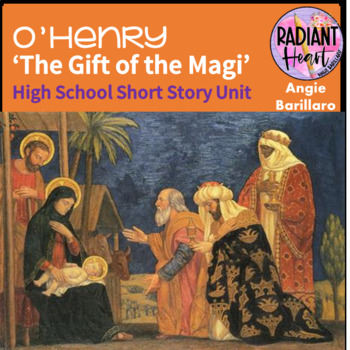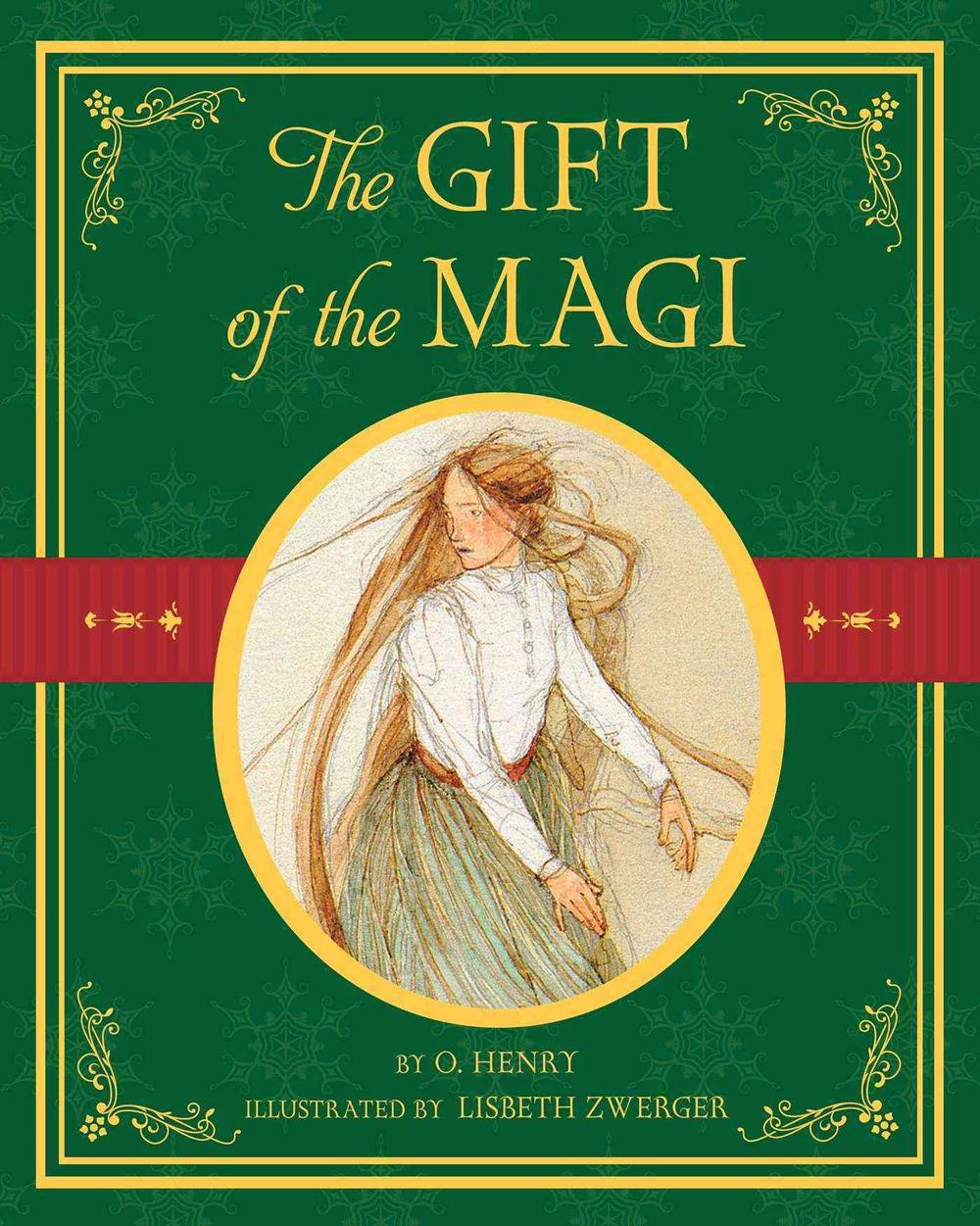
His father was a prominent doctor and inventor whose life unraveled after his wife died of tuberculosis when William was only 3. Porter was born in Greensboro, North Carolina, in September 1862, the same month as the Civil War battles at Antietam and Harpers Ferry. The mixture of sadness and sentimentality in “Gift of the Magi” befits a man whose life was marked by repeated human tragedies. Henry, whose real name was William Sydney Porter, believed existed in his adopted city), the 2,163-word masterpiece has become a holiday standard, a slim mix of pain and joy sitting on a fireplace mantel with other redemptive Yuletide perennials like A Christmas Carol, It’s A Wonderful Life, and “Fairytale of New York.” Henry’s oeuvre, reminds readers of the oft-repeated “true meaning of Christmas.” The sentiment is tiresome and trite, but the story’s soul endures.įirst published by the New York World in 1905, and then to a wider audience in the 1906 collection Four Million (named for the NYC population, it was the number of stories O. The timeless, ironic twist, emblematic of O.

The beloved tale tells of Della cutting off her gorgeous past-her-knees hair described in the story as, “rippling and shining like a cascade of brown waters” for $20 to buy her man the perfect gift: a platinum fob watch chain, “simple and chaste in design, properly proclaiming its value by substance alone and not by meretricious ornamentation.” Later on that fateful Christmas Eve, Jim offers his present in kind, combs for Della’s beautiful locks, purchased after he sold his watch.


In “ The Gift of the Magi,” first published in 1905, two down-on-their-luck lovebirds Della and Jim make sacrifices well beyond the cost of a boozy beverage to share their Christmas spirit with each other. Henry, the pittance was enough to launch his most famous work, a fable about poverty, love, and generosity, and also likely covered the drinks he plied himself with as he crafted the tale at Healy's, the neighborhood bar.

The story begins just before Christmas with a small sum of money: $1.87 to be exact, 60 cents of which was in pennies.


 0 kommentar(er)
0 kommentar(er)
